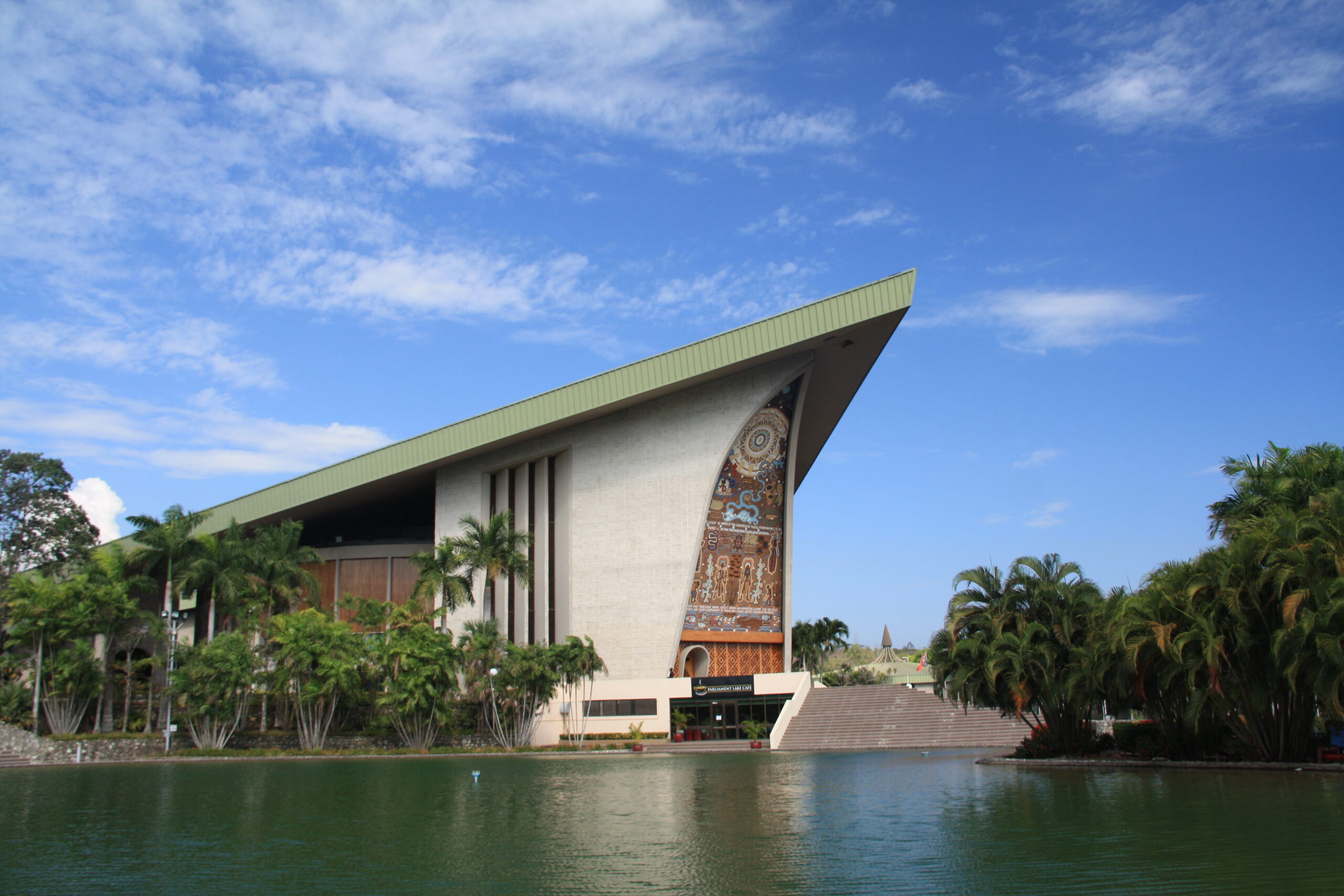PNG’s intent to be an OGP member country was accepted and officially announced by the OGP Co-chairs on 28th October 2015, at the OGP Global Summit in Mexico. This follows the National Executive Council (NEC) Decision No.148/2014, endorsing PNG’s intention of becoming an OGP member country. As a member of the OGP, this commits PNG to providing an ‘open government to effect service delivery to its citizens’. This aligns with the aspirations envisioned in the National Constitution of Papua New Guinea. The OGP National Action Plan also conforms to our National Goals and Directive Principles, specifically the goals on “Integral Human Development; Equality and Participation; Natural Resources and Environment Governance”.
To give effect to the National Goals and in conformance with the spirit of the Constitution, several legislations and policies were designed and implemented such as the PNG Planning and Monitoring Responsibility Act 2016; Independent Commission Against Corruption (ICAC) Act 2020 and Whistle-blowers Protection Act 2020; Vision 2050, Medium Term Development Plan III (2018-2022); PNG Development Strategic Plan 2010-2030, the National Strategy for Responsible Sustainable Development for PNG (StaRS); and the engagement of Civil Society in monitoring and evaluating government’s service delivery. To support the government to deliver these initiatives, several State Agencies and Civil Society organizations came together to frame and then implement the first OGP National Action Plan to improve government transparency, accountability and responsiveness to citizens.
The first NAP 2018-2020 has four Cluster Commitments and they are;
- Public Participation
- Freedom of Information
- Fiscal Transparency
- Extractive Transparency Initiative
The implementation of the NAP 2018-2020 was interrupted by emerging issues including Covid-19 restrictions. Some of these Cluster Commitments are carried forward into the 2nd NAP. Most commitments have started well and are midway into completions. These commitments are key policy priorities of the Government.

